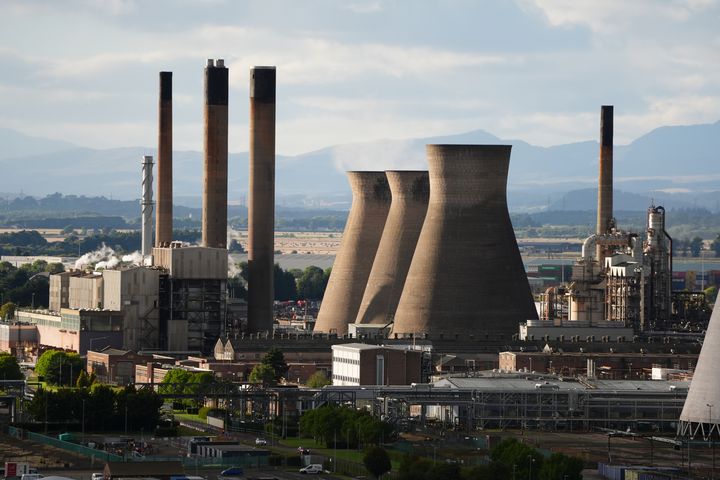Governments of both colours bear responsibility for the sorry saga, which could have dire economic and defence consequences.
The Observer view on British Steel: saved for now, but for how long? | Observer editorial

Governments of both colours bear responsibility for the sorry saga, which could have dire economic and defence consequencesThe UK’s last two remaining blast furnaces have hovered on the brink of shutting down over the past week. It has emerged that Jingye, the Chinese owner of Scunthorpe-based British Steel, was poised to refuse to buy further supplies of the coke and iron ore required to keep them running, at which point it would not have been possible to restart them; effectively, a unilateral decision to put an end to Britain’s capacity to produce primary steel. In these circumstances, the government had no choice but to recall parliament for an emergency sitting to pass legislation to give business secretary Jonathan Reynolds the power to direct British Steel.The UK is starting from a low steel-producing base: it produced just 7.2m tonnes in 2021, compared with 13.9m tonnes in France, 24.4m tonnes in Italy and 40.1m tonnes in Germany. If British Steel were to shut its furnaces, this would leave the UK as the only G7 nation without primary steel-making capacity, with significant economic and security consequences. A range of industries rely on steel: construction, defence, transport, green energy. Without British-produced steel, global giant ArcelorMittal would attain what the defence thinktank Rusi has described as a “virtual monopoly” in the production of structural steel building frames for the UK market. Network Rail sources about 95% of its track from Scunthorpe. Parts of the defence industry are heavily reliant on British-produced steel; 90% of the steel used in Queen Elizabeth-class aircraft carriers was produced by Tata Steel at Port Talbot, for example. Continue reading...















